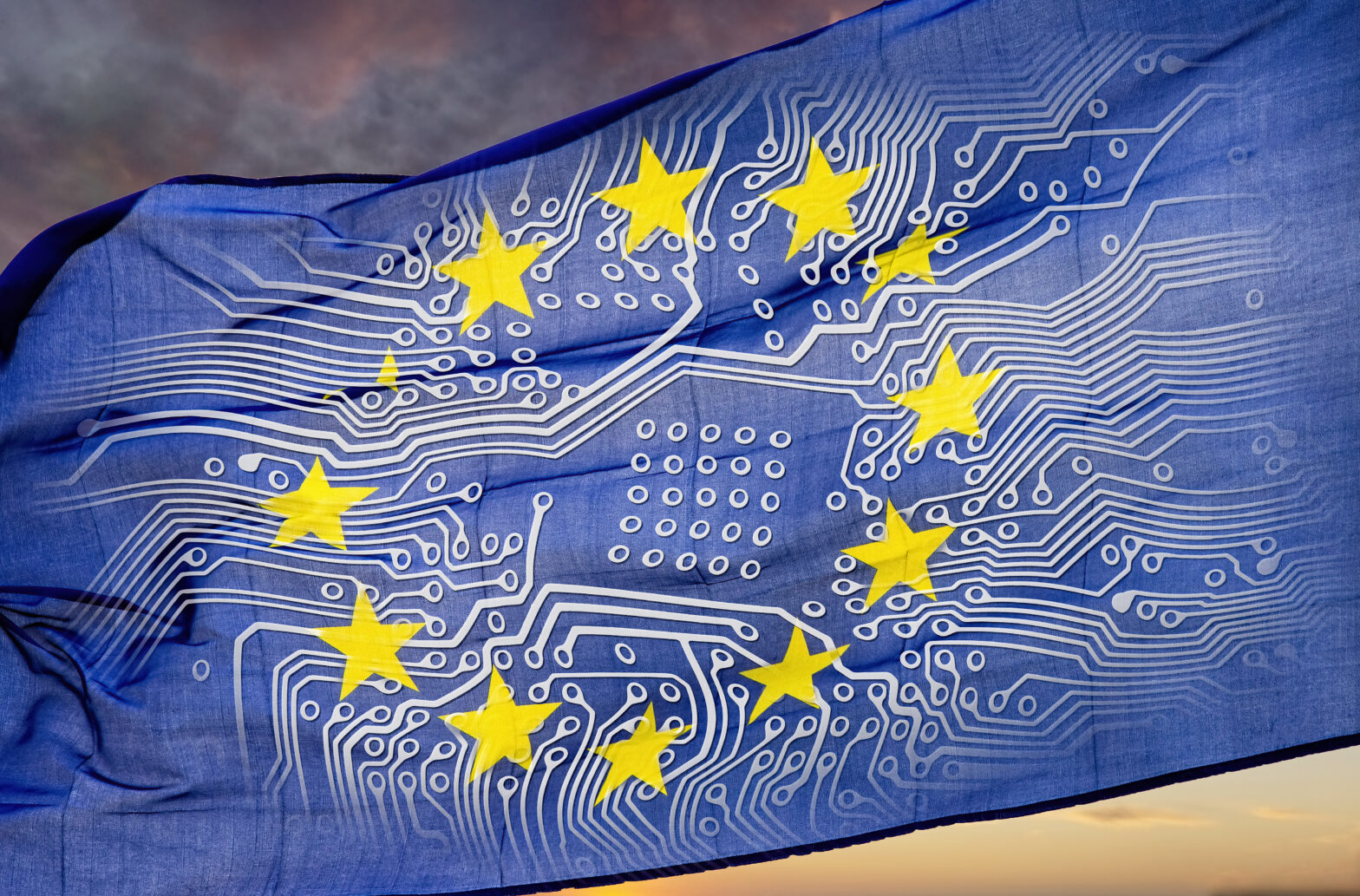The open letter to the European Commission, Parliament and EU member states — signed by a consortium including Airbus, Renault and Siemens — claims that the draft legislation currently fails to properly address ethical challenges, while stifling business innovation, reported the FT.
While particularly pressing concerns remain around generative AI pitfalls including bias and misinformation, proposed regulation of the technology threatens to compromise the EU’s standing in the global innovation race, and “technological sovereignty”, the letter says.
Regulation as it stands, according to the letter, would create a “critical productivity gap” compared with the US, despite an expected mutual code of conduct in the works between the two global regions.
Further to this, it is claimed that compliance costs and liability risks emerging as a result of AI system implementation are disproportionate, with businesses wary of a possible exodus from the EU on the part of companies and investors.
AI-led business processes – getting the balance right between business impact and staff satisfaction — David Semach, CEO of AIM Reply, spoke to Information Age about how businesses can keep staff motivated and productive alongside AI-led business processes.
To improve innovation prospects, European businesses collectively recommend the establishment of a regulatory body made up of tech industry experts, to monitor continued legislation shifts alongside AI evolution.
In response to the letter, MEP Dragoş Tudorache commented that signatories failed to properly read the legislation text, adding that “it is a pity that the aggressive lobby of a few are capturing other serious companies”.
Tudorache went on to accuse the letter of undermining “the undeniable lead that Europe has taken” on AI regulation around the world.
A recent vote in favour of the EU AI Act proposal follows two years of negotiation and debate, with the draft text set to continue serving as an outlet for discussion between the European Commission and member states.
Microsoft president to discuss AI regulation in Brussels
Microsoft co-chair president Brad Smith is travelling to Brussels, with the aim of discussing AI regulation with lawmakers, reported Reuters.
Reiterating a message to Brussels on how corporations like Microsoft can help shape regulation long-term, Smith aims to make suggestions on how rules can balance competitiveness with societal harm mitigation.
A five-point governance plan recently proposed by Microsoft includes government-led AI safety frameworks; guardrails for critical infrastructure systems that utilise the technology; and alignment of academic access to AI with EU legislation.
ChatGPT vs GDPR – what AI chatbots mean for data privacy — While OpenAI’s ChatGPT is taking the large language model space by storm, there is much to consider when it comes to data privacy.
Smith commented in a blog post: “Our intention is to offer constructive contributions to help inform the work ahead.”
As the EU looks to iron out details of legislation for balancing innovation and guardrails, big tech executives including Smith and Twitter owner and Tesla CEO Elon Musk are looking to have their say on how to monitor impacts on businesses and consumers.
Microsoft’s investment in ChatGPT developer OpenAI has played a key role in the growing involvement of chatbots and other generative AI capabilities across business sectors.
Related:
Class action lawsuit filed against OpenAI over “stolen private information” — OpenAI, developer of ChatGPT, has been hit with a class action lawsuit alleging misappropriation of personal data scraped from the web.







